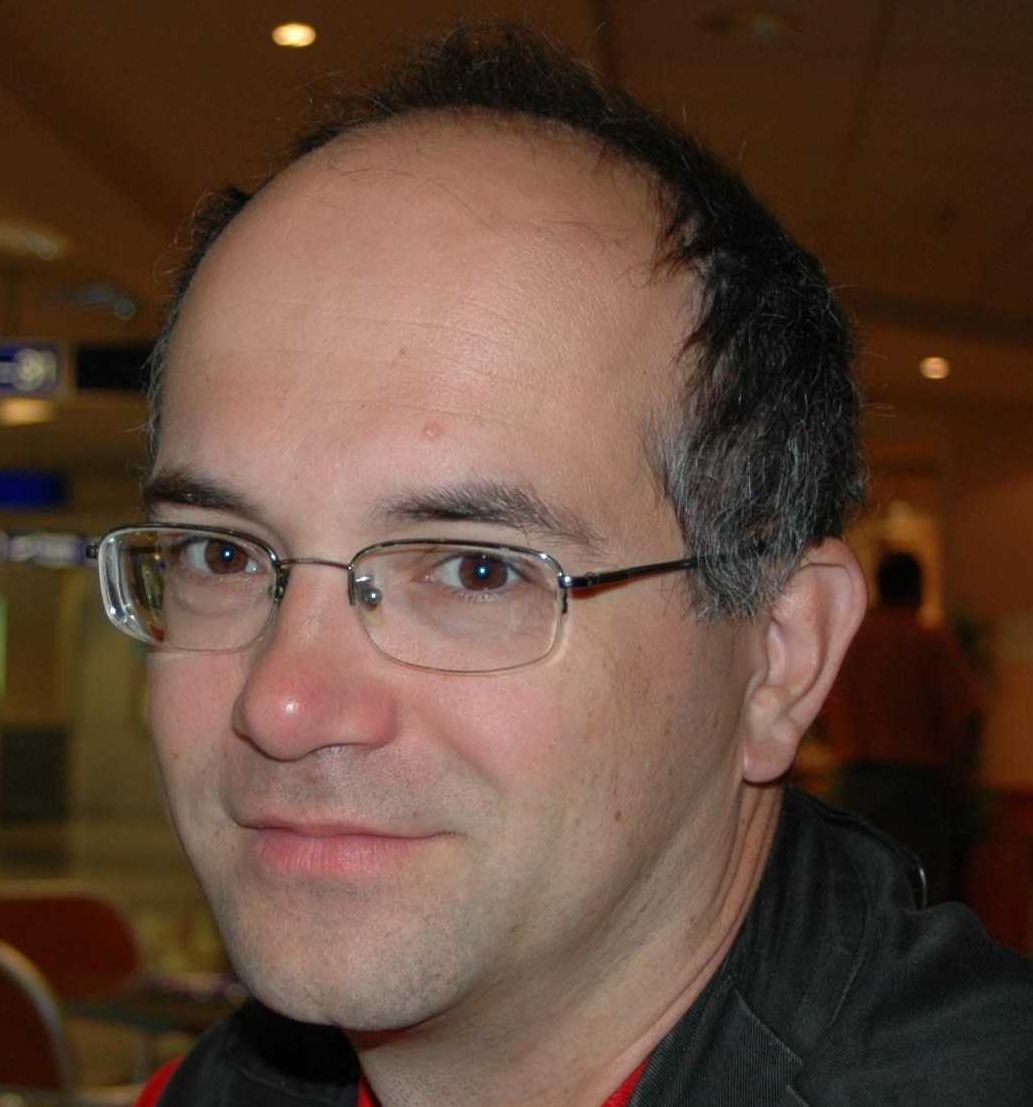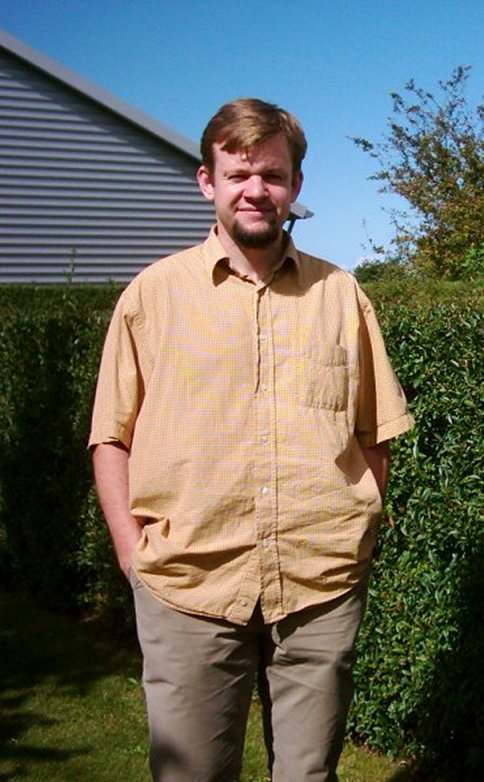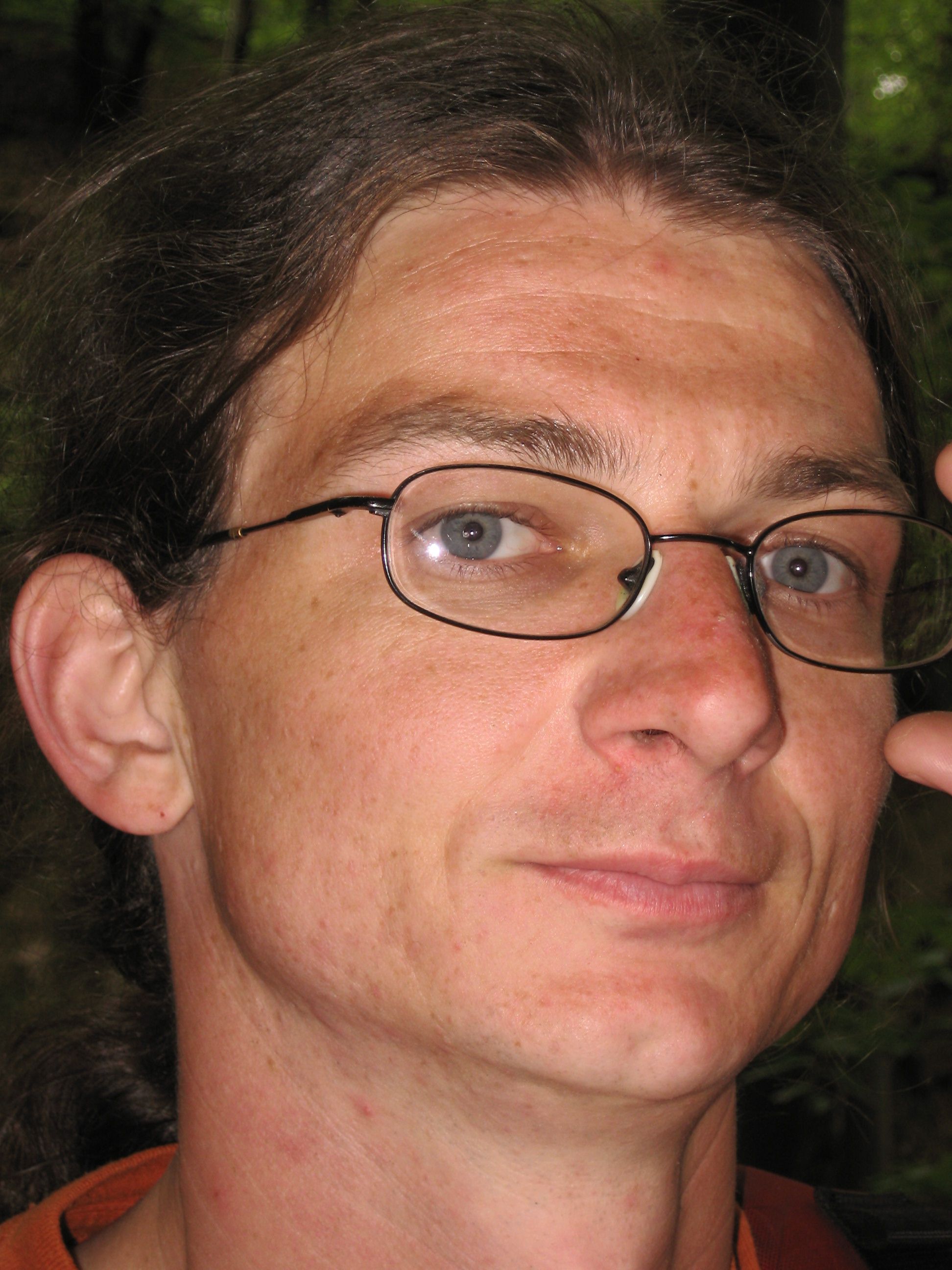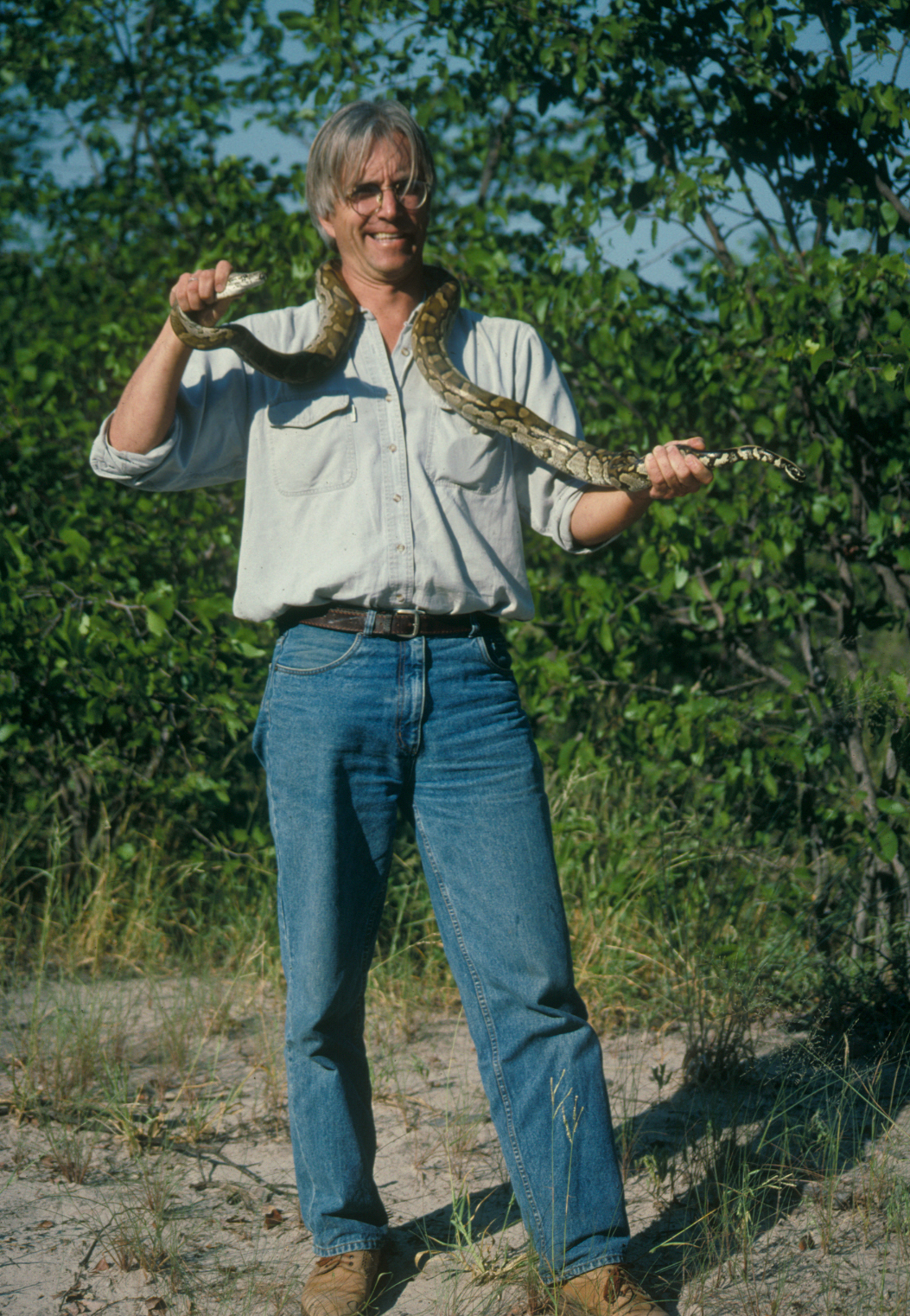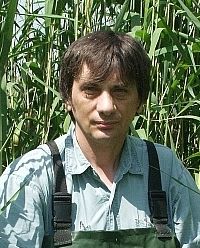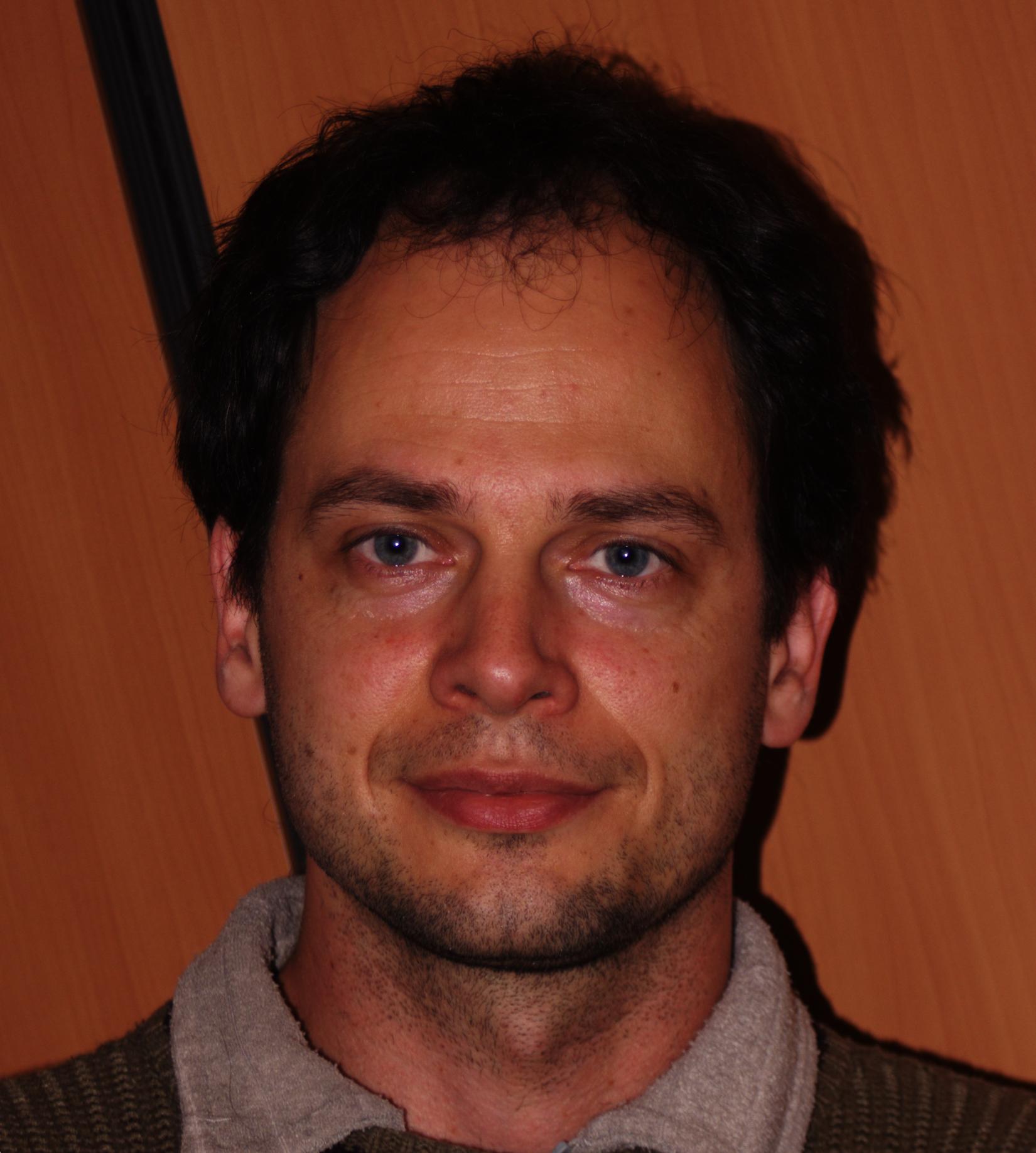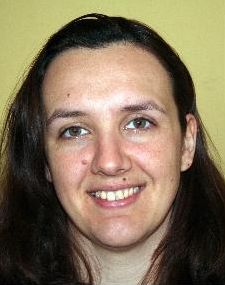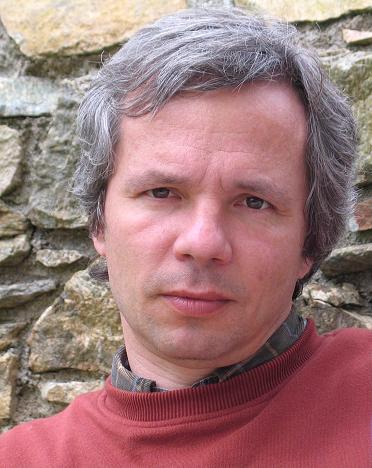 |
The main interests of my research are the effects of agriculture management on biodiversity. My supervisor is András Báldi, but I am working together with Péter Batáry, Ádám Kõrösi and Kirill Márk Orci also. As MSc student I studied the effects of fertilisers, pesticide use and the landscape on the flora, some arthropod groups and birds in winter cereal fields. Now as PhD student I deal with the flora and fauna of set-asides, which are 1, 2 or 3 years long rested arable fields in the frame of the Hungarian agri-environment schemes. My question is that how plants, arthropods (spiders, carabids, Orthopterans, butterflies and bees) and birds colonise these set-aside fields. More... |
